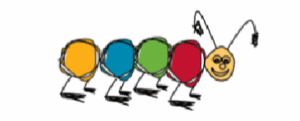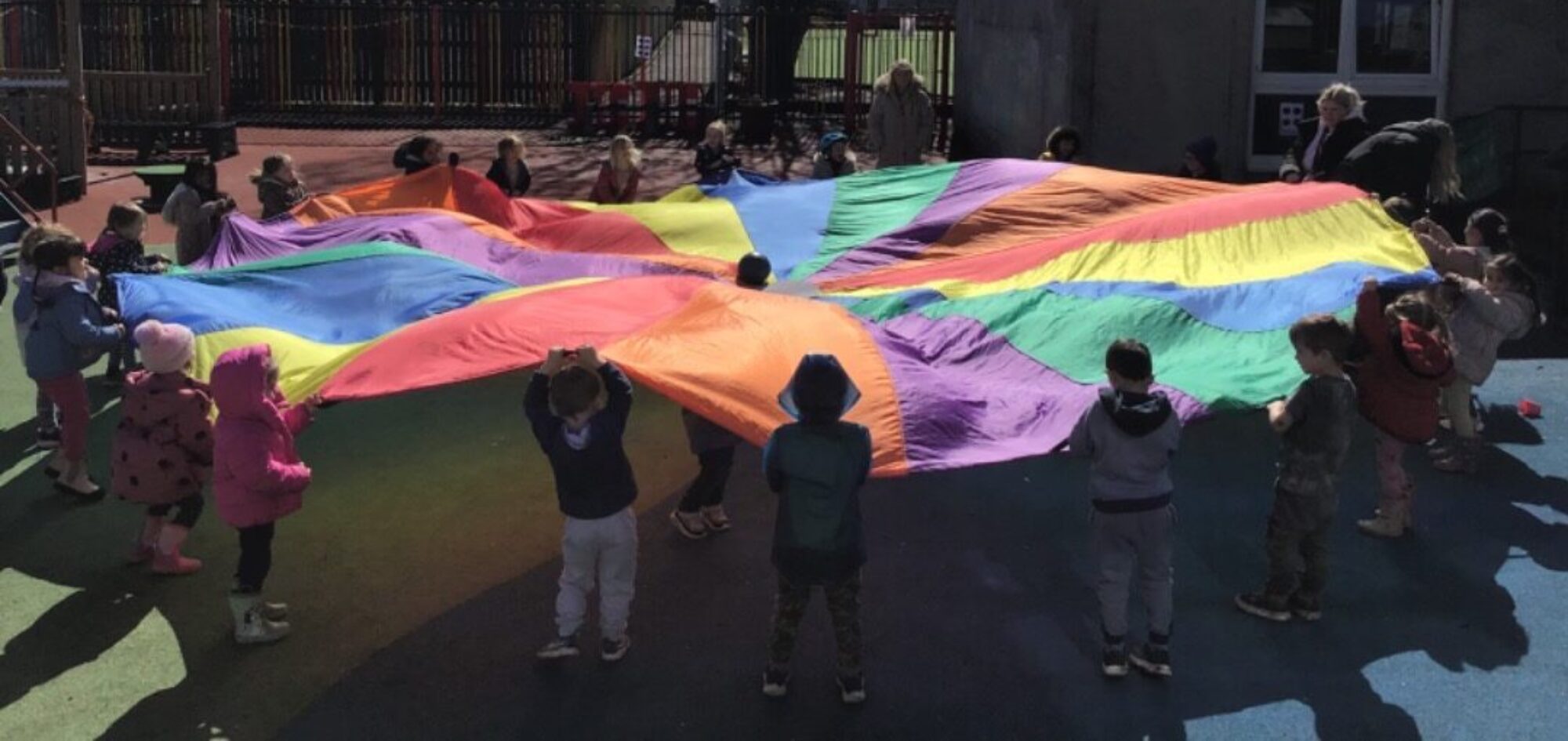 Introducing the Literacy Caterpillar
Introducing the Literacy Caterpillar
Environment We look at the space in our early years centre, both inside and out, to make sure we have resources out for the children that make them curious to explore and learn. For example, a variety of stories, puppets, mark making and small world. These are all resources that help develop early literacy skills.
Routine We have a structure and rhythm throughout the day within centre, such as together times, lunch times, snack times & time for children to play freely. This helps the children feel more secure in the awareness of what is coming next, supporting the development of skills for confident individuals/learners.
Motivation Recognising what children are interested in and using this as a vehicle for learning. For example, whilst observing children in centre we identified that there was a high interest in animals, therefore we based our group learning experiences on exploring the animal kingdom, supporting the children’s natural interests whilst promoting deeper learning.
Skills The key skills referred to within the Up, Up and Away framework are motor, communication, thinking & relationship skills. In centre we are helping children to develop these skills through play! We believe that play is the universal language of children and as such, every child is included in learning.

